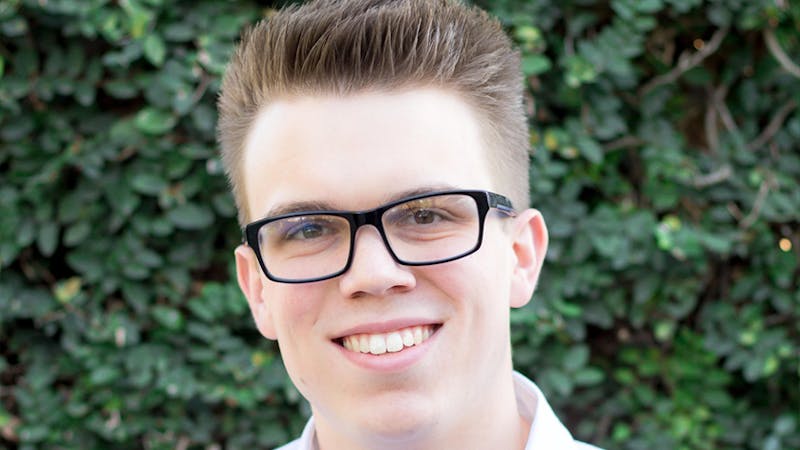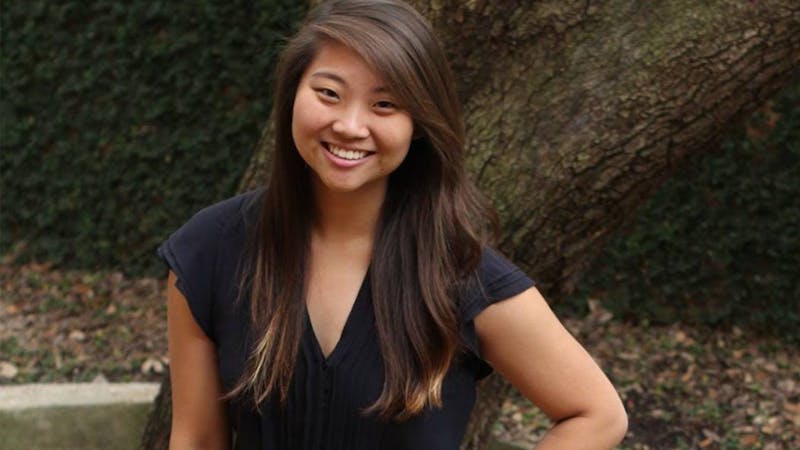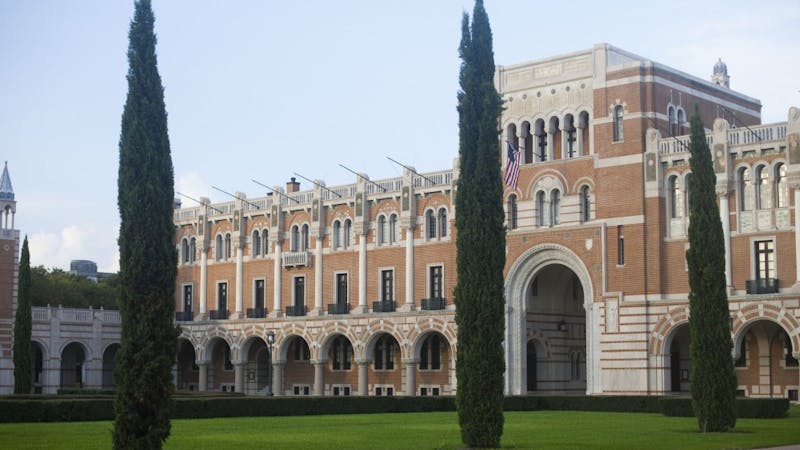
Vote for me, and I’ll fight for you
Candidates for Student Association president always write the same things in these op-eds about wanting to find a way to work with the college system, increase communication with the student body and enhance the Rice experience (whatever the hell that means). While these are certainly important and admirable goals, I am not going to pander to you like that or waste your time because the stakes are too high.



